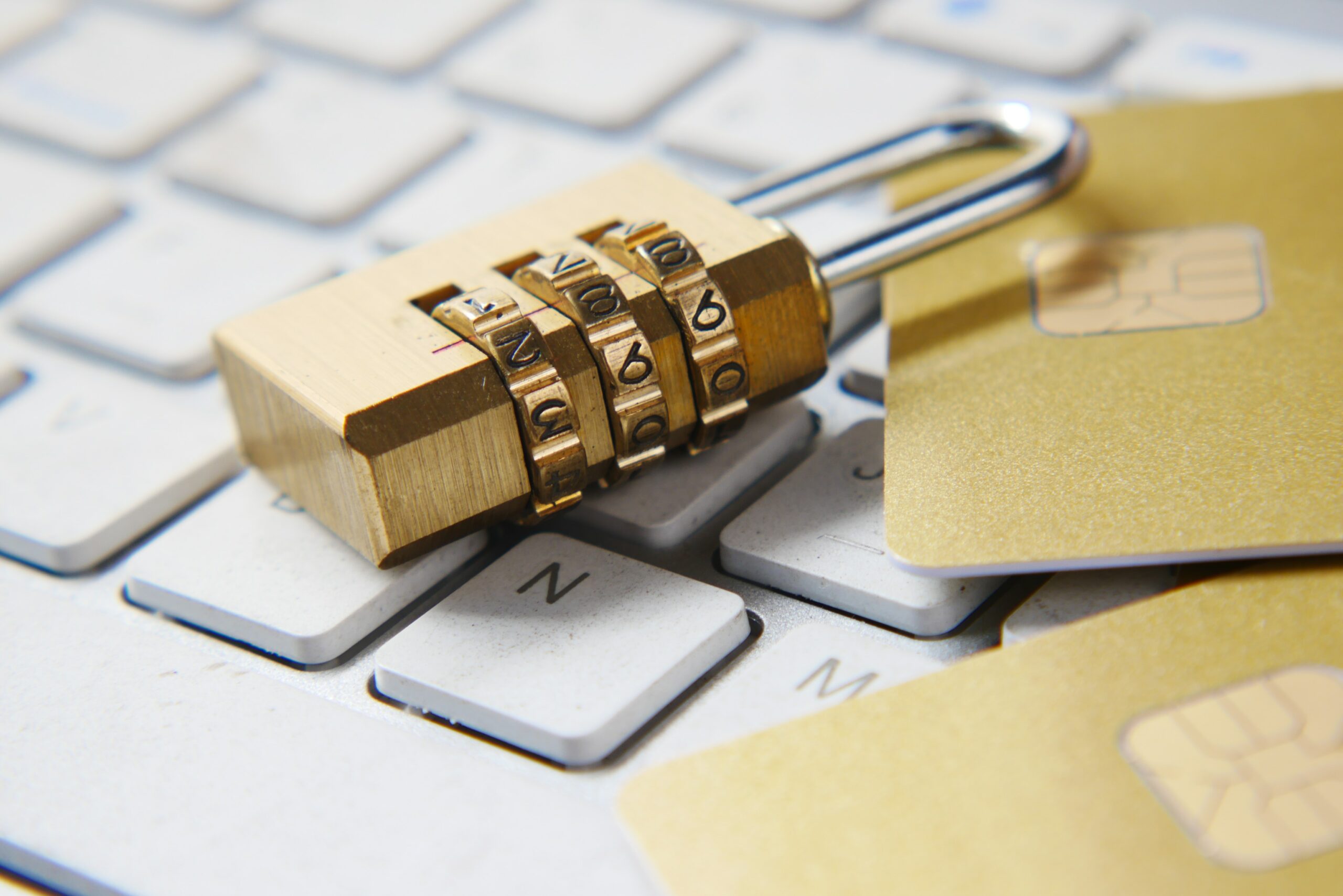Computers have become an integral part of our lives, and we depend on them for work, entertainment, and communication. However, despite their reliability, computers can sometimes crash or freeze unexpectedly, causing frustration and anxiety. If you find yourself in this situation, don't panic! Here are some tips on what you should do if your computer crashes or freezes.
Remain Calm
The first thing to do when your computer crashes or freezes is to remain calm. Losing your cool will only make the situation worse. Take a deep breath and try to stay composed. Remember that most computer crashes and freezes are temporary and can be resolved with some troubleshooting.
Check for Power Supply Issues
The next step is to check for power supply issues. If your computer suddenly shuts down or freezes, it could be due to a power outage or a faulty power supply. Make sure that your computer is properly plugged in and that the power supply is working correctly. If the problem persists, you may need to replace the power supply.
Restart Your Computer
If your computer is frozen, the first thing to try is to restart it. Press and hold the power button until the computer turns off. Wait a few seconds, then press the power button again to turn the computer back on. This will usually resolve most issues with frozen computers.
Run a Virus Scan
Another reason why your computer may be crashing or freezing is due to a virus or malware infection. Run a virus scan using your antivirus software to detect and remove any viruses or malware that may be causing the problem.
Check for Software Updates
Outdated software can also cause your computer to crash or freeze. Make sure that your operating system, drivers, and applications are up to date. Check for software updates regularly to ensure that your computer is running smoothly.
Check for Overheating
Overheating can also cause your computer to crash or freeze. Make sure that your computer is properly ventilated and that the fans are working correctly. If your computer is overheating, you may need to clean the fans or replace them.
Backup Your Data
If your computer is crashing or freezing frequently, it may be a sign of a more serious problem. To avoid losing your data, make sure that you backup your important files regularly. You can use an external hard drive, cloud storage, or a backup software to backup your data.
Computer crashes and freezes can be frustrating, but they are usually temporary and can be resolved with some troubleshooting. Remember to remain calm, check for power supply issues, restart your computer, run a virus scan, check for software updates, check for overheating, and backup your data. By following these tips, you can minimize the risk of data loss and keep your computer running smoothly.
As a business owner or manager in the West Palm Beach region, you can count on us for exceptional IT support and cybersecurity solutions. Call or email us to learn more.



